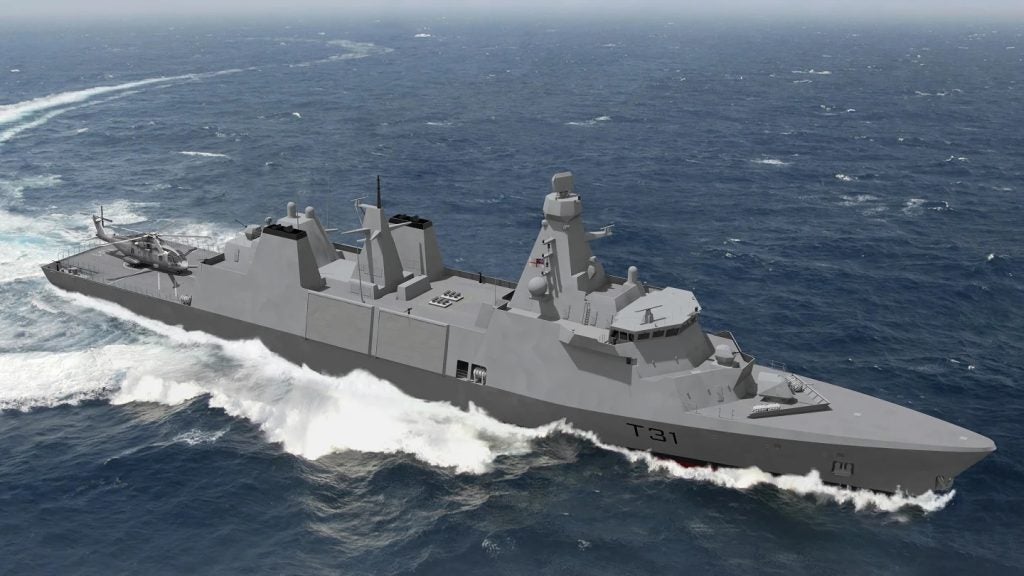More than 13,000 maintenance callouts have been made for buildings inside the Coulport and Faslane sites of HMNB Clyde since April 2022, with the site being a strategic lynchpin of UK defence and home to the country’s nuclear-powered submarines and the country’s nuclear deterrent.
The callouts specifically relate to roofing, heating, and hot water, electrical, pest control, and damp and mould. By far the most common reason for a maintenance callout is electrical, with 11,732 instances, followed by heating and hot water issues, with 732 callouts, according to information released on 2 May 2024.
All told, this equates to more than 18 maintenance callouts per day since April 2022 across the Faslane and Coulport sites. More than 1,900 UK military personnel are based at HMNB Clyde, according to the latest figures from the Ministry of Defence.
According to official UK Government information, the callout numbers cover both Clyde sites and includes around 400 buildings or facilities.
Maintenance callouts of HMNB Clyde

A Royal Navy spokesperson said: “Maintenance call outs at HM Naval Base Clyde cover a wide range of issues from routine to major. All defects are responded to within agreed response times and where required appropriate mitigation measures are put in place for both the Faslane and Coulport sites.”
HMNB Clyde benefiting from infrastructure upgrade programme
In 2018 the UK MoD awarded a £1.3bn ($1.6bn) multi-year programme to upgrade the infrastructure of HMNB Clyde as part of a wider initiative to upgrade key defence facilities across the UK.
According to the UK Government the aim of the programme is to provide infrastructure that will enable the continued delivery of the Continuous At Sea Deterrence until at least 2067 and attack submarine operations until at least 2046.
In addition, the plan will see the establishment of a Submarine Centre of Specialisation in order to begin training for the next-generation Dreadnought-class ballistic missile submarines under construction.
The scope of the programme included Capital Infrastructure projects on the Clyde sites at Fasland and Coulport broken down into categories for: berthing and docking, radioactive waste management, weapons processing and storage, security, training, accommodation and personnel services, and utilities.
It is expected that the upgrade programme will run until the early 2030s.











